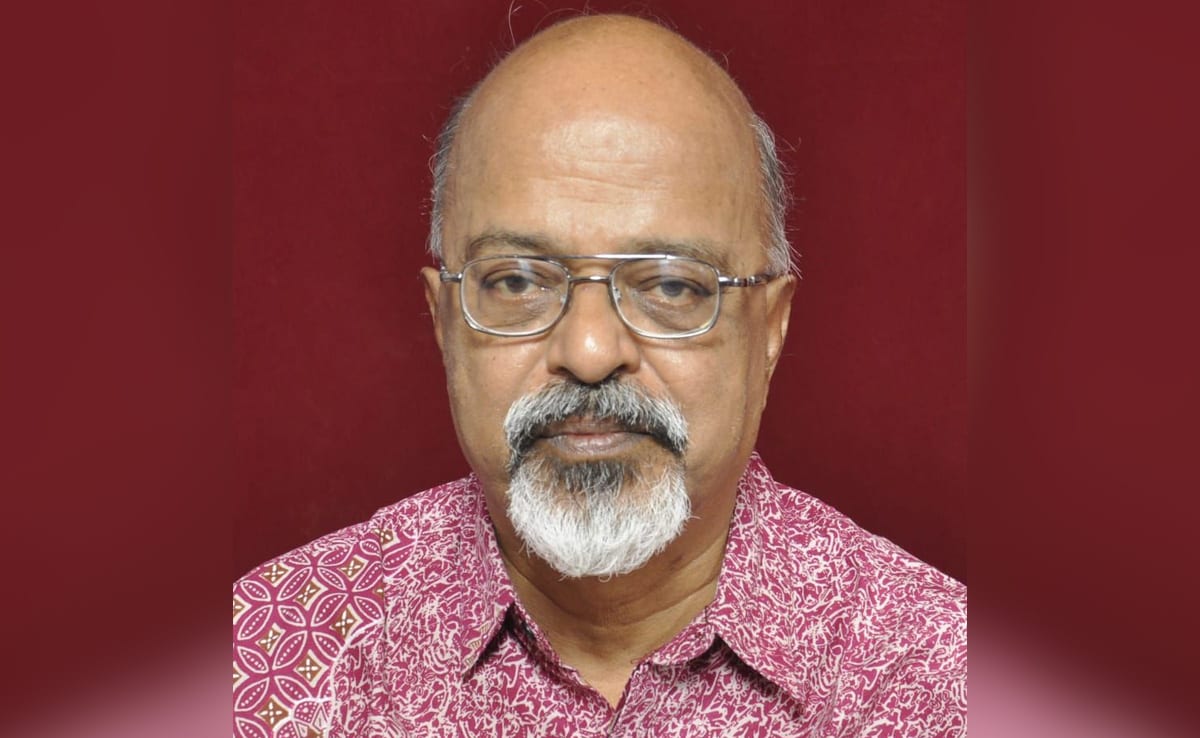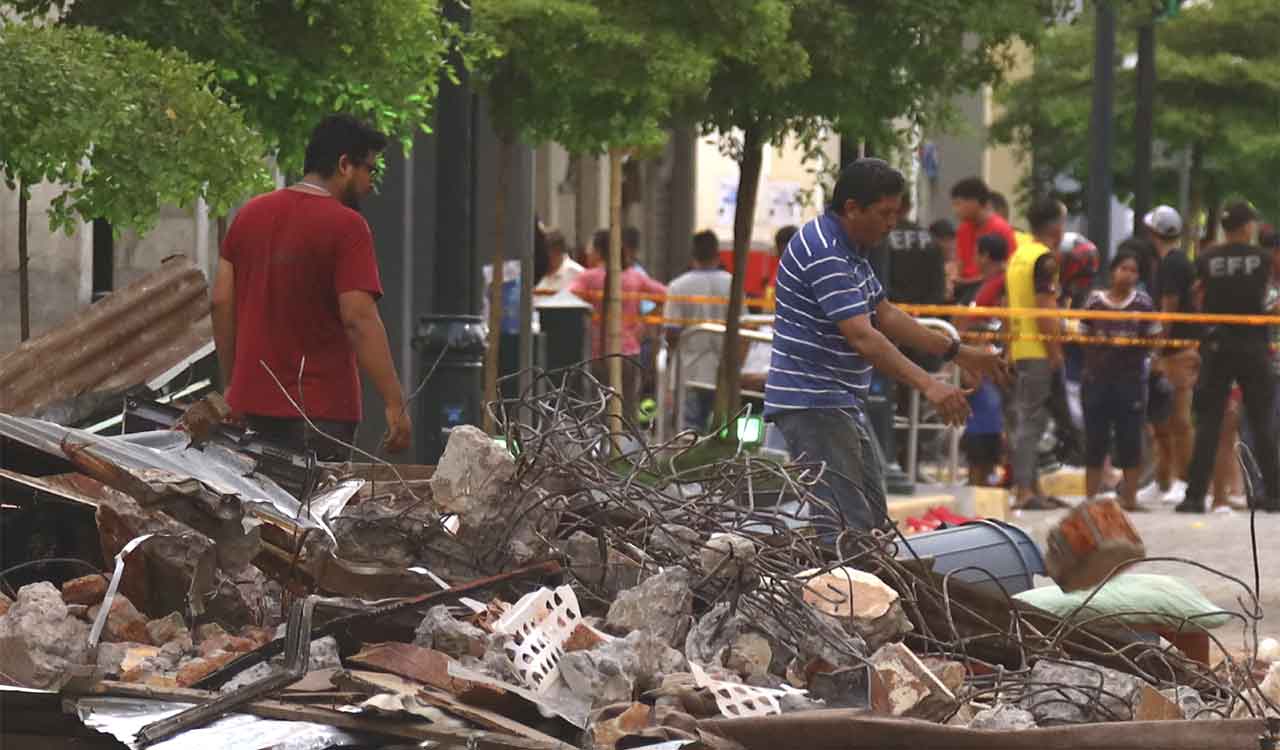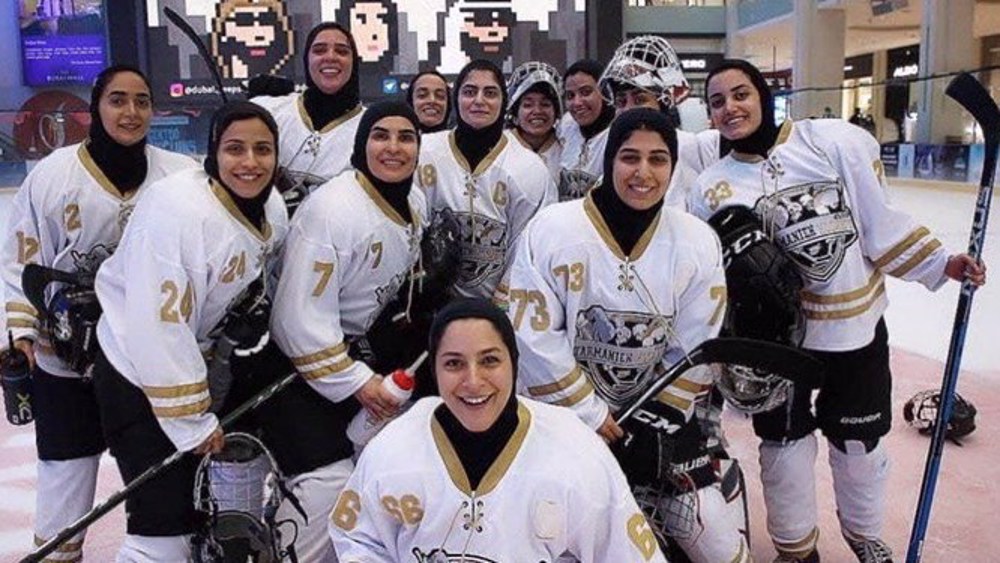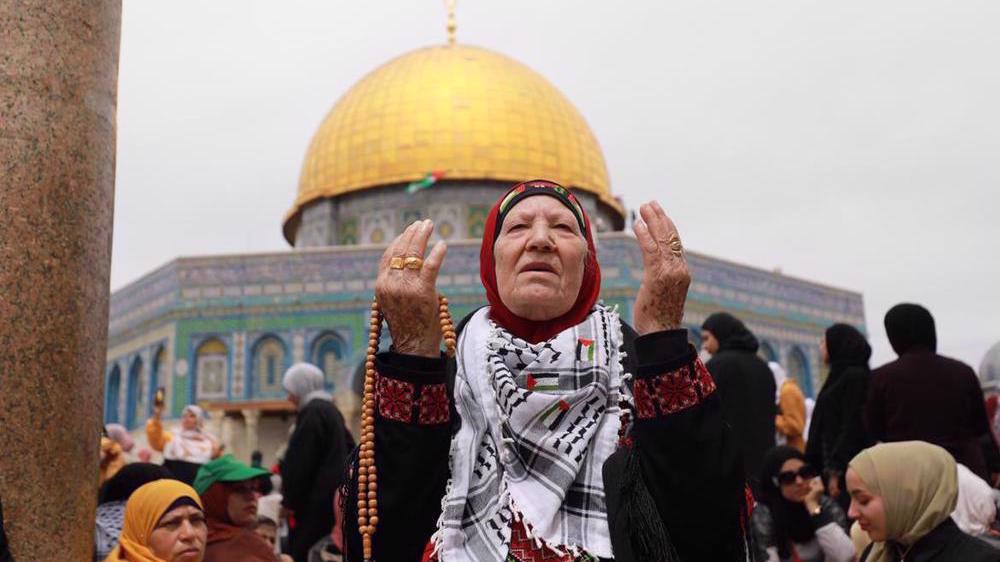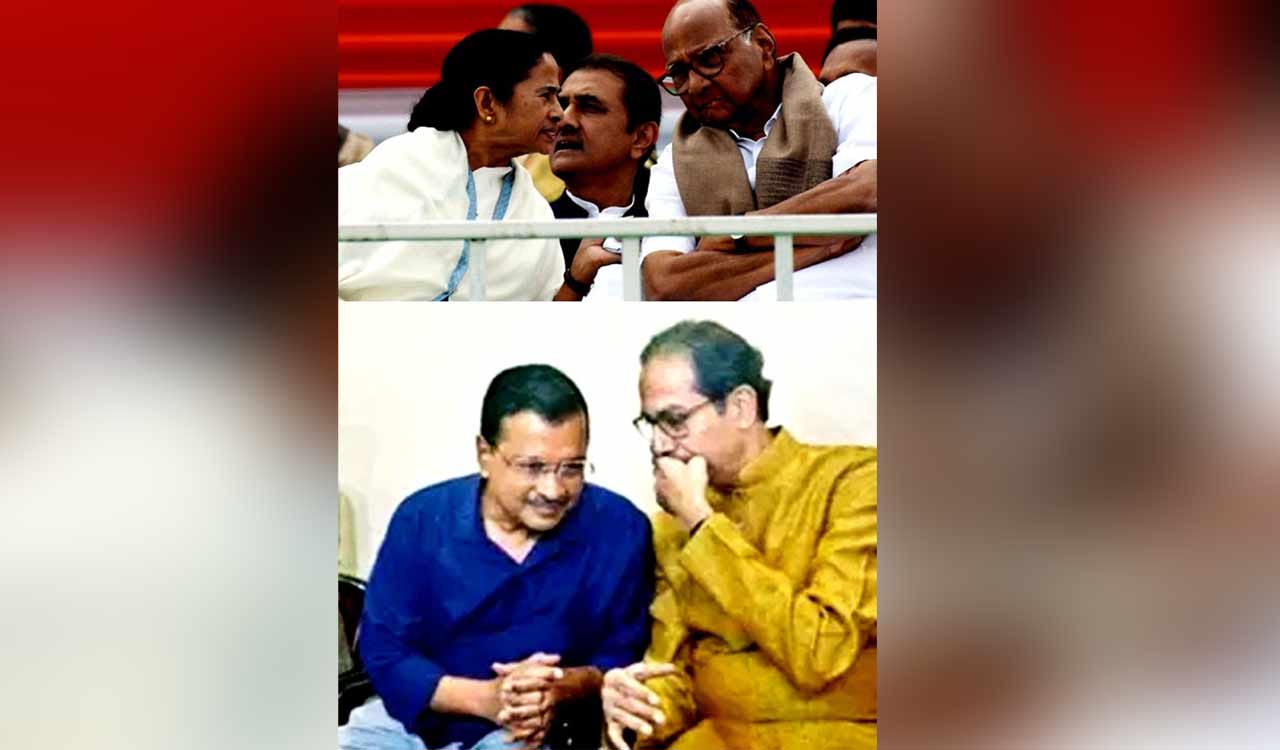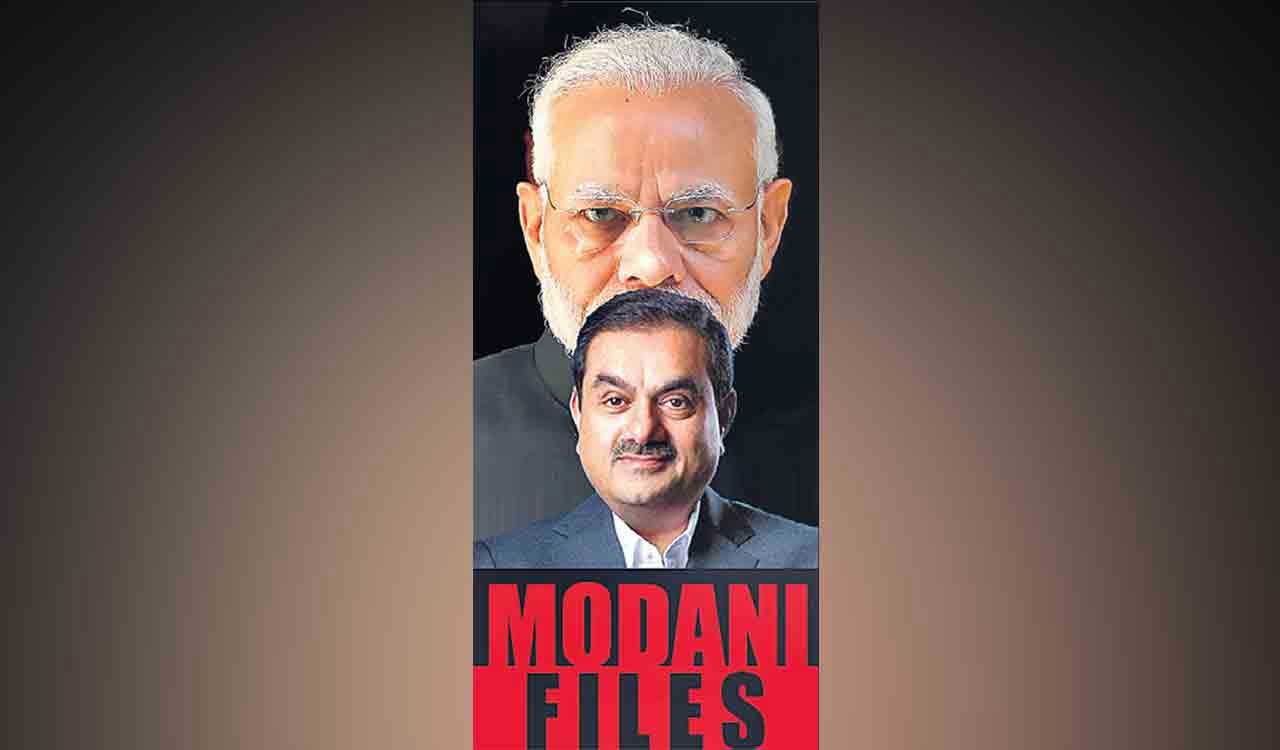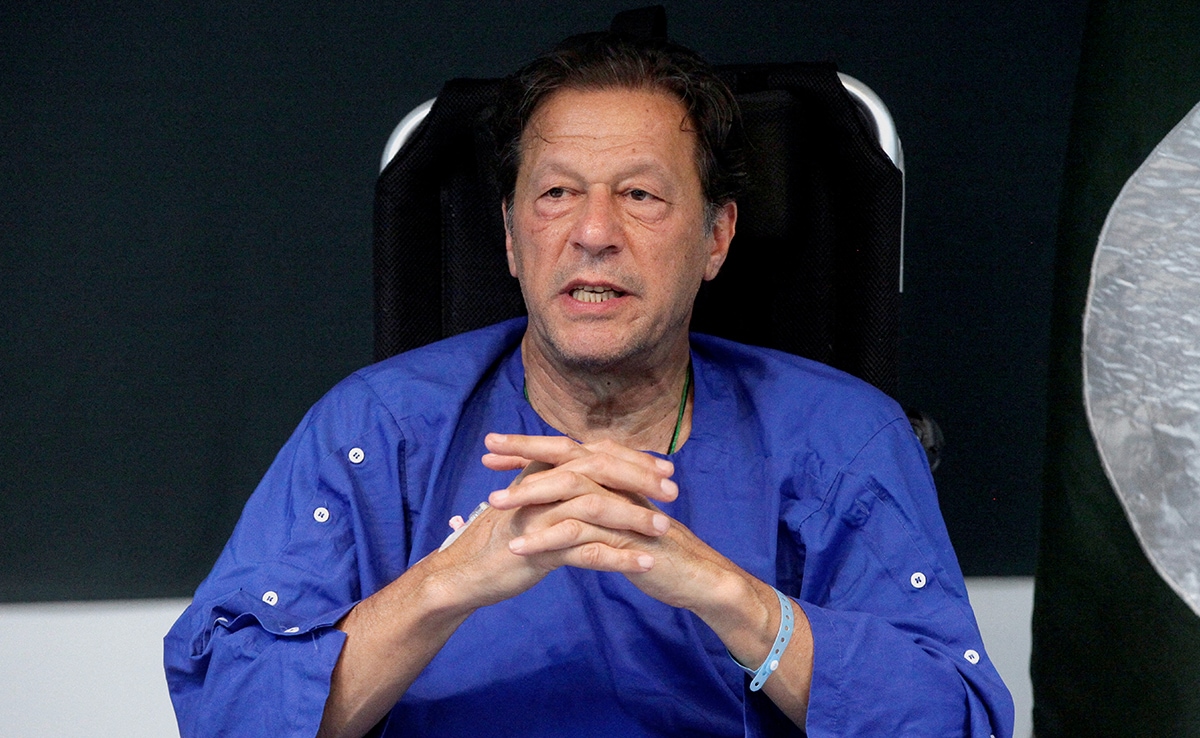
PV Satheesh was one of the icons of civil society activism in India.
Hyderabad:
The man who deserves the honour of being called the Millet Man of India for pioneering work in demonstrating an alternate, ecologically sustainable agricultural food system, died in Hyderabad on Sunday morning after a prolonged illness.
PV Satheesh was founder and Executive Director of Deccan Development Society (DDS) that worked out of Pastapur village in Sangareddy district of Telangana, where last rites of the 77-year-old will take place on Monday at 10.30 am.
As DDS Board member Vinod Pavarala put it, Mr Satheesh was one of the icons of civil society activism in India. His Zaheerabad-based organisation in rural Telangana successfully championed issues of agri-biodiversity, food sovereignty, women’s empowerment, social justice, local knowledge systems, participatory development, and community media.
The women’s groups, called sanghams, of DDS, and their steadfast adherence to millet cultivation and organic agriculture, led the way nationally in offering demonstrable alternatives to the dominant agricultural paradigm.

The recent efforts to incorporate millets into the public distribution system owes much to the work of DDS under his guidance. Years ago, Mr Sathesh had set up a local public distribution system, run by women farmers, solely based on millet crops.
Born on June 18, 1945, in Mysore, Periyapatna Venkatasubbaiah Satheesh was a graduate from the Indian Institute of Mass Communication, New Delhi, and started out as a journalist. He went on to work as a pioneering television producer for nearly two decades for Doordarshan, making programmes related to rural development and rural literacy in the then-united Andhra Pradesh. He played an important role in the historical Satellite Instructional Television Experiment (SITE) in the 1970s.
In the early 1980s, Mr Satheesh, along with a few friends, started the Deccan Development Society in the semi-arid Zaheerabad region by bringing together poor Dalit women in the villages, to rediscover their faith in traditional knowledge systems that helped challenge hunger, malnutrition, land degradation, loss of biodiversity, gender injustice, and social deprivation.
While Mr Satheesh led the organisation for nearly four decades to make it an internationally acclaimed NGO, and an inspiring example that has motivated similar experiments in millet revival and promotion across the country, what he also did effectively was to create powerful leaders from among the illiterate women, from the most marginalised communities, who became empowered ambassadors of change.
As the director of DDS, PV Satheesh’s long-standing efforts resulted in improving the livelihoods of thousands of poor women across 75 villages in Telangana. He also led several national and international networks like Millet Network of India (MINI), South Against Genetic Engineering (SAGE), AP Coalition in Defence of Diversity, and was also the India Coordinator for SANFEC, the South Asian Network for Food, Ecology, and Culture, a five-country South Asian network with over 200 ecological groups.
He was formerly Board Member, Genetic Resources Action International (GRAIN), Barcelona, Spain, and was also a member of the International Panel of Experts on Sustainable Food Systems (IPES-Food), Brussels, Belgium.
Mr Satheesh also used his experience in the media to start India’s first Community Media Trust, a grassroots media centre where illiterate Dalit women were trained in film-making, to democratise media spaces, and also followed it up with the launch of India’s first rural, civil society-led community radio station, Sangham Radio.
He was a tireless worker and leader in the NGO sector who remained committed to his principles and was a generous mentor to many young people. He was recently honoured in Delhi by the People’s Convention on Millets by RRA (Revitalising Rainfed Agriculture) Network for his lifetime contributions in making millets a people’s agenda.

